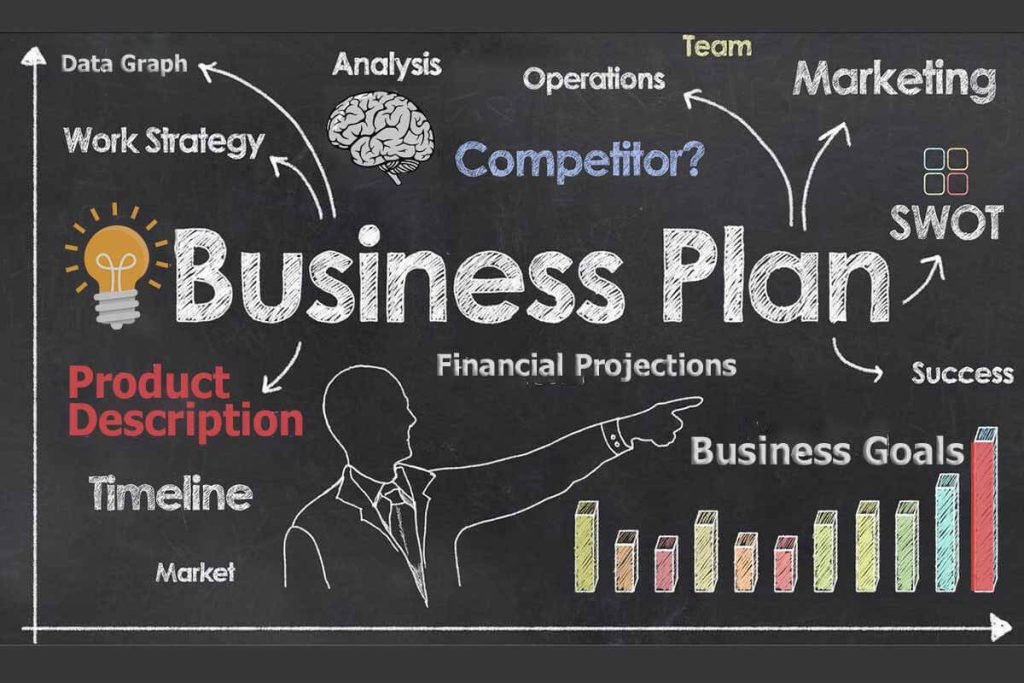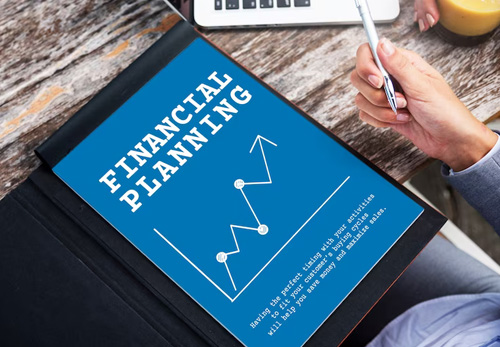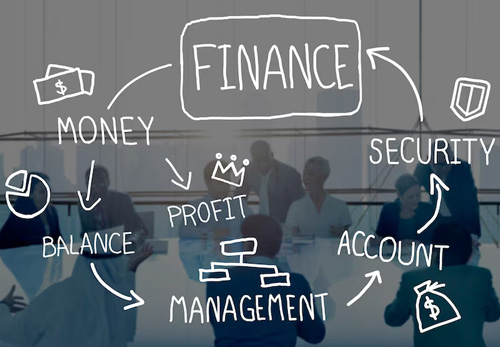Building your Business Plan
Looking to build a business or expand one you’re already running? You’ll need to build a business plan before you do.
- Venue: Google Meet
- Type: Personal Coaching
- Hours: 10 to 12
- Software: MS Office
Normal
0
false
false
false
EN-US
X-NONE
AR-SA
/* Style Definitions */
table.MsoNormalTable
{mso-style-name:"Table Normal";
mso-tstyle-rowband-size:0;
mso-tstyle-colband-size:0;
mso-style-noshow:yes;
mso-style-priority:99;
mso-style-parent:"";
mso-padding-alt:0in 5.4pt 0in 5.4pt;
mso-para-margin-top:0in;
mso-para-margin-right:0in;
mso-para-margin-bottom:8.0pt;
mso-para-margin-left:0in;
line-height:107%;
mso-pagination:widow-orphan;
font-size:11.0pt;
font-family:"Calibri",sans-serif;
mso-ascii-font-family:Calibri;
mso-ascii-theme-font:minor-latin;
mso-hansi-font-family:Calibri;
mso-hansi-theme-font:minor-latin;
mso-bidi-font-family:Arial;
mso-bidi-theme-font:minor-bidi;}
I am here to provide guidance and support to individuals, Startups, & SMEs to help them reach their Career, financial, and Business objectives.

Looking to build a business or expand one you’re already running? You’ll need to build a business plan before you do.
In several personal coaching sessions, I walk you through the process of defining your business, researching the market, and determining your product. Once you’ve figured out what your product or service will be, I provide guidance for thinking through your sales strategy, day-to-day operations, staffing, and financial forecasting.
the problem your business solves.
the components of a product development roadmap.
a product and revenue model.
how to brand and market a product.
a go-to market strategy.
A sample business plan is provided, so you can follow along with the development of a real-world company.

.Review more of my courses in my homepage

Harnessing the power of a budget gives you the ability to identify challenges and develop strategies on paper to avoid or adapt to those surprises in advance.
A sound business budget can help you effectively manage resources as your organization changes and grows. This course covers the construction of purchase budgets, production budgets, hiring budgets, overhead budgets, and cash budgets.
to build a budgeting policy and process.
a planning and monitoring culture within your organization
professional digital annual budget and comparison reports.
I also show business owners, managers, and their staff how to use Excel to design, create, and maintain robust business budgets, as well as how to forecast income and expenses based on various scenarios. You will also learn how to collate inputs from various sources to create structured Excel input sheets, visualize your projected results, prepare summary reports, and more.

You don’t have to be a numbers person to understand finances! You just have to appreciate their role in your livelihood, career, and business.
For many of us who are not financial professionals, worrying about money and saving for the future can be a chore. In this course, I show you how opportunities arise when you change your attitude towards money. I walk you through the basics of money, personal finance—earning, spending, saving, and investing—with an eye for finding opportunities to enrich your life.
about money, markets, financial products, and economics.
a planning mindset and a personal budget.
yourself financially to manage risks and grasp opportunities.
I address such questions as: How can you earn more? What are the different types of income? How can you use different tools for planning and goal setting? How do you budget? What is the value of money and what are the smartest approaches for savings and investing? All of this and more is covered in this beginner’s course in personal finance.

“Plans are useless, Planning is useful”, although it is a cliché, it remains valid. With such changing ecosystems all over the globe, financial planning is vital for your business sustainability.
Estimating future financial performance plays a big part in the life of start-ups and corporations large and small. By looking ahead, companies can proactively manage changes. Start-ups can use projections to build business plans and raise capital.
about money, markets, financial statements, and ratios.
a financial mindset and understand what accountants talk about.
yourself financially to manage risks and grasp opportunities.
This course is about making those financial projections: not by predicting the future, but by learning from past performance. I share the techniques used by financial planning professionals to build robust financial projections using Microsoft Excel. I show you how to combine two approaches—bottom up and top down—into a well-rounded projection that will help you analyze revenue and expenses, anticipate changes, and incorporate company goals in a realistic picture of your company’s future.

The road to success is not revealed in a crystal ball, but rather via a planning and learning journey. No one is born with a strategic thinking skill; it is a mindset that you develop one step at a time.
In this course, I show you how to establish and articulate your organization’s core competencies, vision, mission, and strategic filters. Using these criteria, I show you how to prioritize competing initiatives, how to allocate resources to best support those initiatives, and how all these factors combine to create a compelling strategic plan.
to build a strategic planning mindset and process.
a planning and monitoring culture within your organization.
professional annual strategic plan and comparison reports.
I reveal how to implement a strategic planning process in your organization—a process that can be repeated yearly and ensures you get input from all relevant stakeholders.

If you’re looking to grow your career and take on greater responsibility within your organization, you’ll need to demonstrate a basic understanding of financial management.
Even if you’re not in a financial role, you may be a CEO, entrepreneur, engineer, or a salesperson who deals with numbers every day. Having such knowledge will empower you to thrive and succeed.
about money, markets, financial statements, and ratios.
a financial mindset and understand what accountants talk about.
yourself financially to manage risks and grasp opportunities.
In this course, I help you develop the financial acumen necessary to interpret financial reports and make decisions based on available data provided by the financial department, manage inventory and receivables, create an accurate budget, and cost a product or service. Plus, learn how to analyze your financial statements using ratios.
Hello